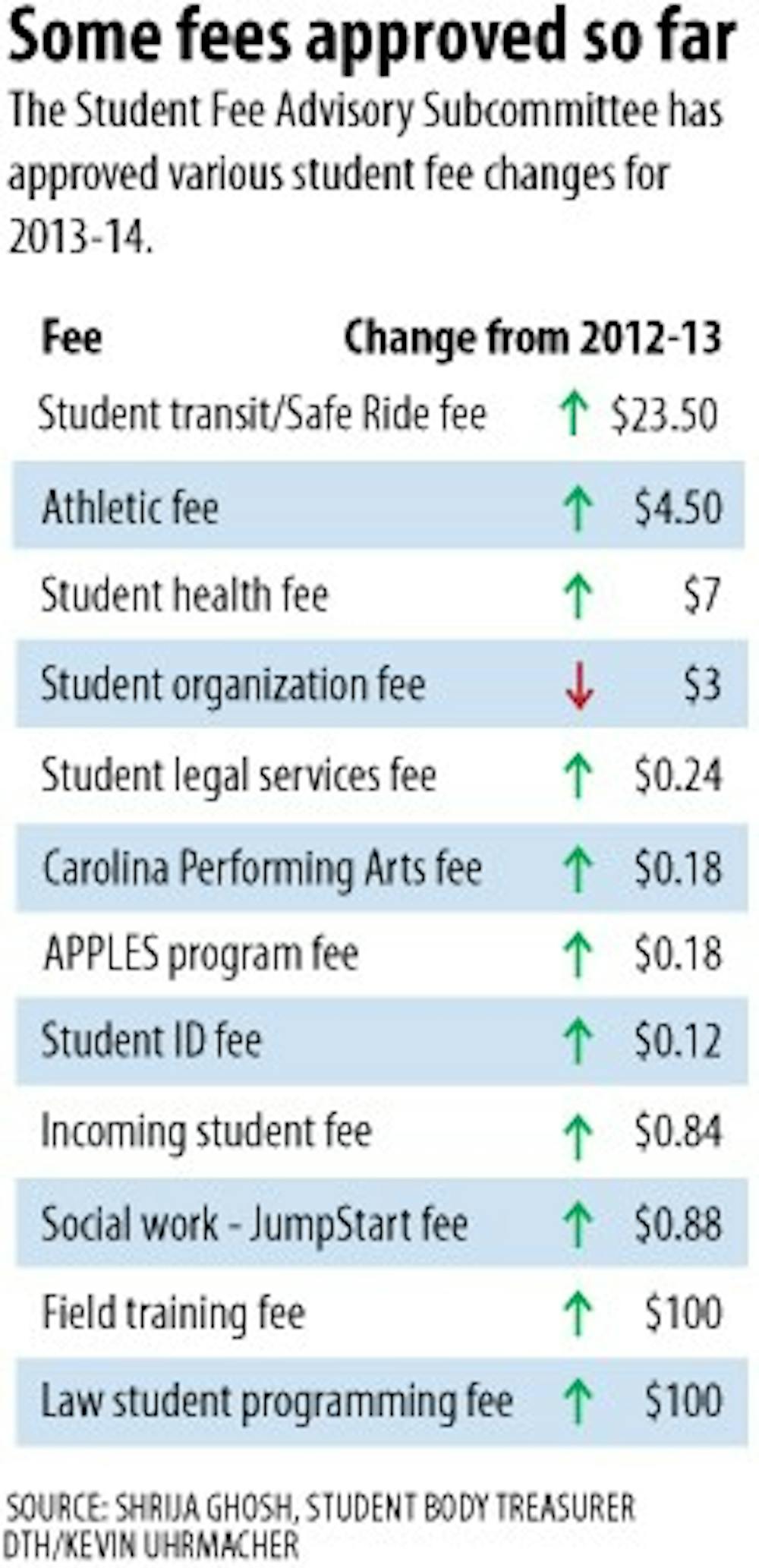A proposed $9.84 Student Technology Fee increase could change the way Information Technology Services funds itself.
The fee would take into account how often students use their computers to surf sites such as Facebook and YouTube instead of doing academic work, and would allocate the funds respectively.
At Friday’s student fee advisory subcommittee meeting, ITS Communication Technologies requested a student technology fee that will cover students’ personal usage — approximated by ITS at 31 percent of all technological activity.
A decision on the fee has not been made, and it will be discussed at this Friday’s meeting.
Vice Chancellor for Information Technology Larry Conrad said ITS has not needed to make this type of funding change before.
“In the past, ITS has gone to the budget committee asking for one-time allocations of funds.”
But budget cuts have changed the landscape.
“The last few years this hasn’t been the case. We haven’t received those investments,” Conrad said.
In past years building maintenance has been deferred in the interest of cost saving. On Friday, Conrad described 3,000 building switches throughout campus, instrumental to the technological network, that will be obsolete if not properly funded.




